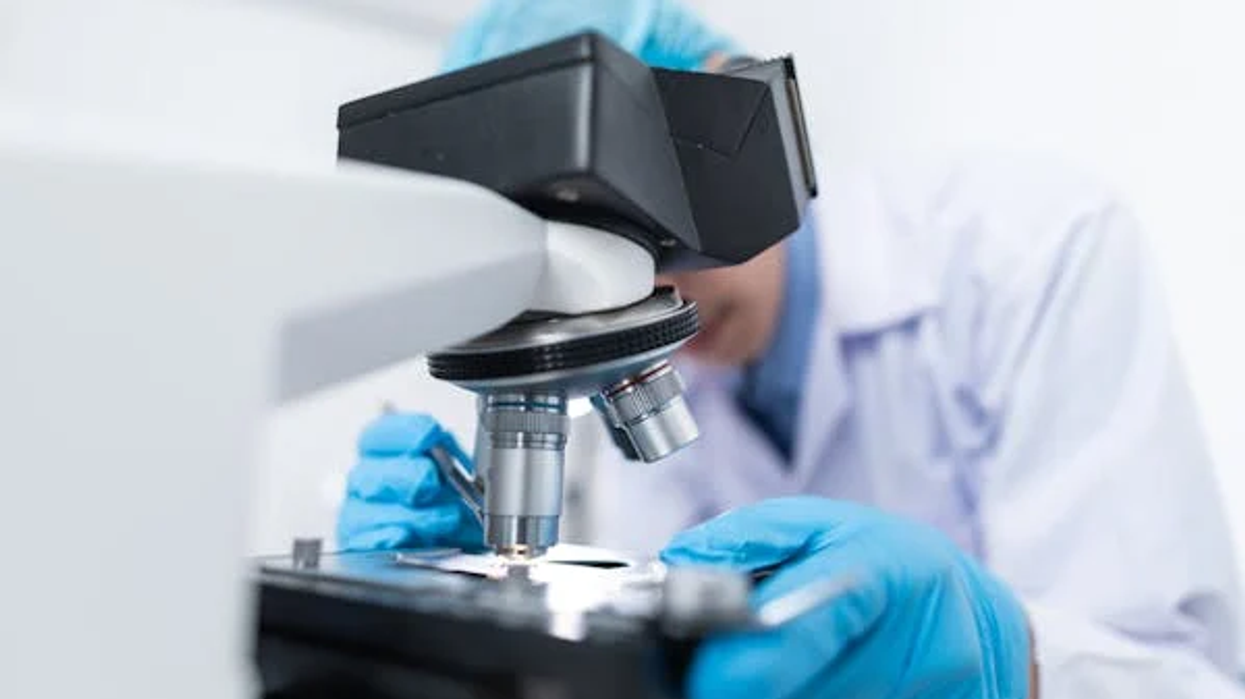In recent years, the healthcare sector has seen a significant transformation driven by the rapid advancement of technology. From improved patient care to streamlined administrative processes, technology has become an indispensable part of modern healthcare. As medical facilities worldwide embrace these innovations, it’s essential to understand why the sector leans so heavily on advanced technological solutions. Below are seven key reasons illustrating the crucial role of technology in healthcare.
Enhanced Radiology Workflows
Advancements in technology have revolutionized radiology workflows, making the process more efficient and accurate. Digital imaging technologies, such as PACS (Picture Archiving and Communication Systems) and RIS (Radiology Information Systems), allow for the seamless storage, retrieval, and sharing of medical images. The specialists AbbaDox say that this reduces the time needed to diagnose and treat patients, significantly improving the overall efficiency of radiology departments. Additionally, AI-powered tools can assist radiologists by highlighting potential areas of concern within images, ensuring that abnormalities are not overlooked. These improvements contribute to faster, more accurate diagnoses and better patient outcomes.
Accurate Diagnostics
One of the most critical areas where advanced technology has made a profound impact is in the accuracy of diagnostics. Technological innovations such as genetic sequencing, advanced lab equipment, and AI-driven diagnostic tools have drastically improved diagnostic precision. Genetic sequencing allows healthcare providers to detect genetic disorders early, offering patients targeted treatment options. State-of-the-art lab equipment ensures that tests are performed with the highest level of accuracy, minimizing the chances of false positives or negatives. AI algorithms can analyze vast amounts of data swiftly, identifying patterns and anomalies that might be missed by the human eye. These technological advancements mean that patients receive more accurate diagnoses, enabling timely and appropriate medical interventions.
Streamlined Administrative Processes
Advanced technology plays a pivotal role in streamlining administrative processes within the healthcare sector. Electronic Health Records (EHRs) have replaced traditional paper records, allowing for efficient data storage, quick access, and easy sharing of patient information among healthcare providers. This transition reduces the risk of errors associated with manual record-keeping and ensures that patient data is up-to-date and readily available when needed. Additionally, technologies such as automated appointment scheduling and billing systems help reduce administrative burdens, freeing up staff to focus on patient care.
Improved Communication
Effective communication is at the core of delivering high-quality healthcare, and advanced technology has greatly enhanced the way information is shared within the sector. Telemedicine platforms have broken geographical barriers, enabling patients to consult with healthcare professionals from virtually anywhere in the world. This is particularly beneficial for individuals in remote or underserved areas who might otherwise have limited access to medical advice and treatment. In addition, secure messaging services and video conferencing tools facilitate instant communication between healthcare providers, specialists, and patients, ensuring that critical information is conveyed promptly.
Remote Patient Monitoring
Remote patient monitoring (RPM) represents a groundbreaking technological advancement in the healthcare sector, enabling continuous observation of patients outside traditional clinical settings. This technology employs wearable devices, mobile health applications, and various sensors to track patients' vital signs and other health metrics in real-time. Healthcare providers can receive up-to-date information on patients' conditions, allowing for timely interventions and adjustments to treatment plans. RPM is particularly beneficial for managing chronic conditions, such as diabetes or hypertension, as it facilitates proactive care and reduces the need for frequent, in-person visits.
Advanced Treatment Options
The advent of cutting-edge technology has given rise to numerous advanced treatment options, fundamentally transforming patient care and outcomes. One notable example is robotic surgery, which allows surgeons to perform complex procedures with enhanced precision, minimal invasiveness, and reduced recovery times. Furthermore, advancements in medical imaging have paved the way for more targeted therapies, such as image-guided radiation therapy, which delivers high doses of radiation directly to cancer cells while sparing surrounding healthy tissue. Personalized medicine, driven by genetic insights and data analytics, offers tailored treatment plans that cater to an individual's unique genetic makeup, leading to more effective and fewer side-effect-prone interventions.
Data Management and Security
With the increasing digitization of healthcare, data management and security have become paramount concerns. Advanced technology facilitates efficient data management by enabling the collection, storage, and analysis of vast amounts of patient information. Electronic Health Records (EHRs) and other digital tools ensure that data is organized, readily accessible, and easily shared among authorized healthcare providers, enhancing coordination and continuity of care. However, the sensitive nature of health information necessitates robust security measures to protect against data breaches and unauthorized access.
The healthcare sector's reliance on advanced technology is rooted in its ability to drive efficiency, accuracy, and innovation across various aspects of patient care. As technology continues to evolve, we can expect even more groundbreaking advancements that will shape the future of healthcare for years to come. By embracing these innovations, the industry can continue to improve patient outcomes and transform healthcare delivery. So, healthcare facilities need to stay updated with the latest technological advancements and incorporate them into their practices for better patient care.













